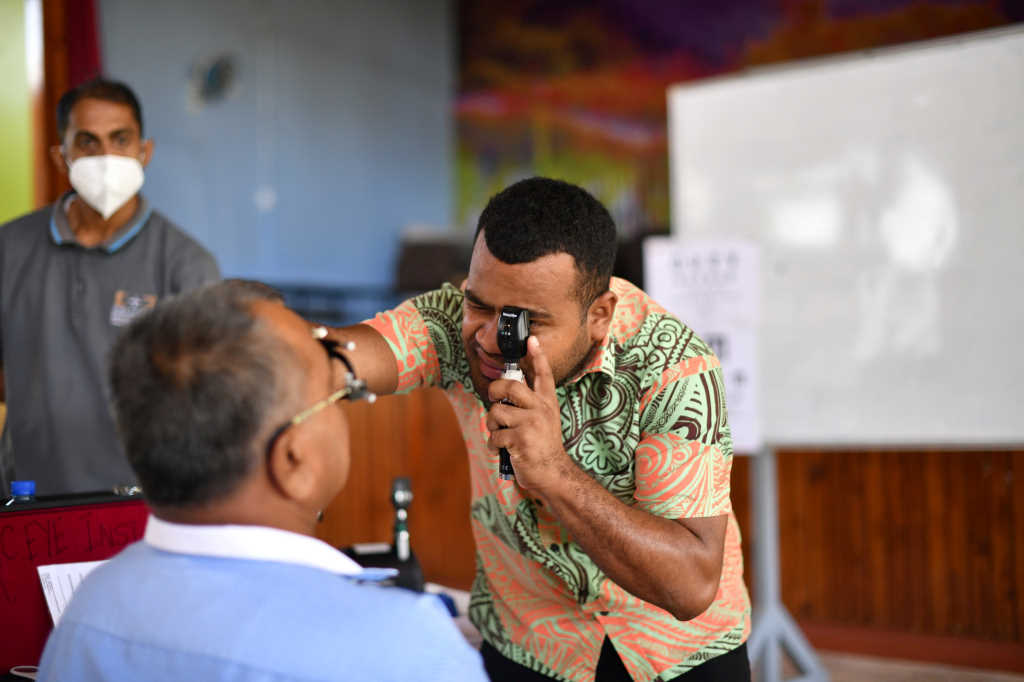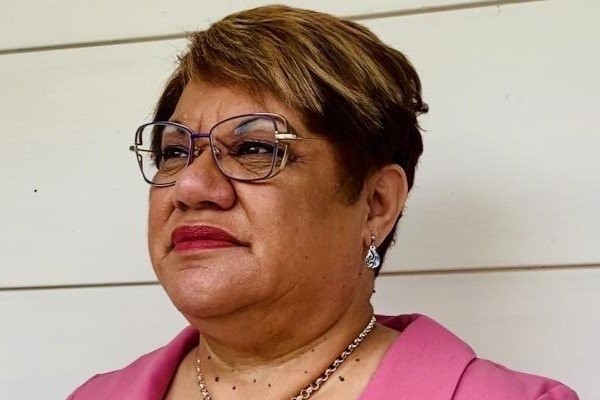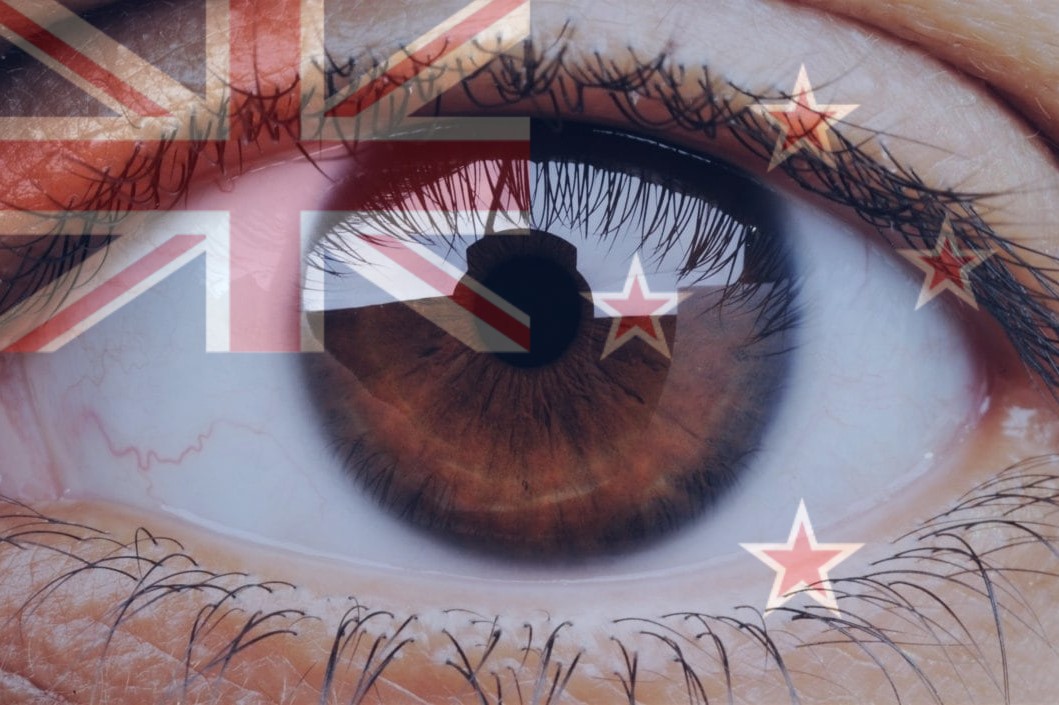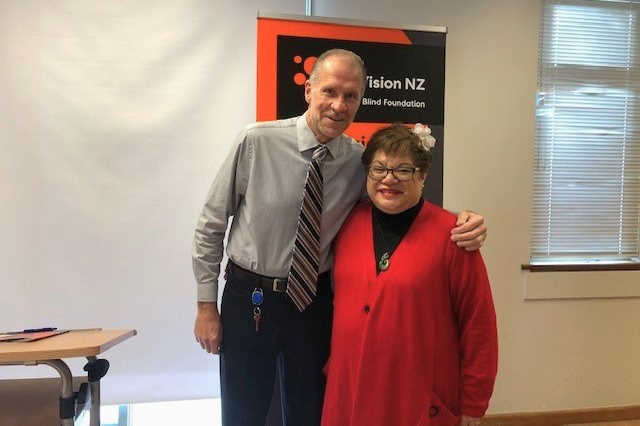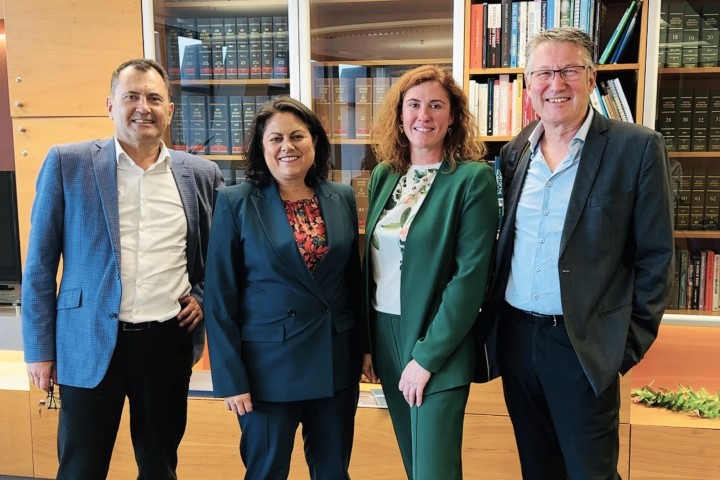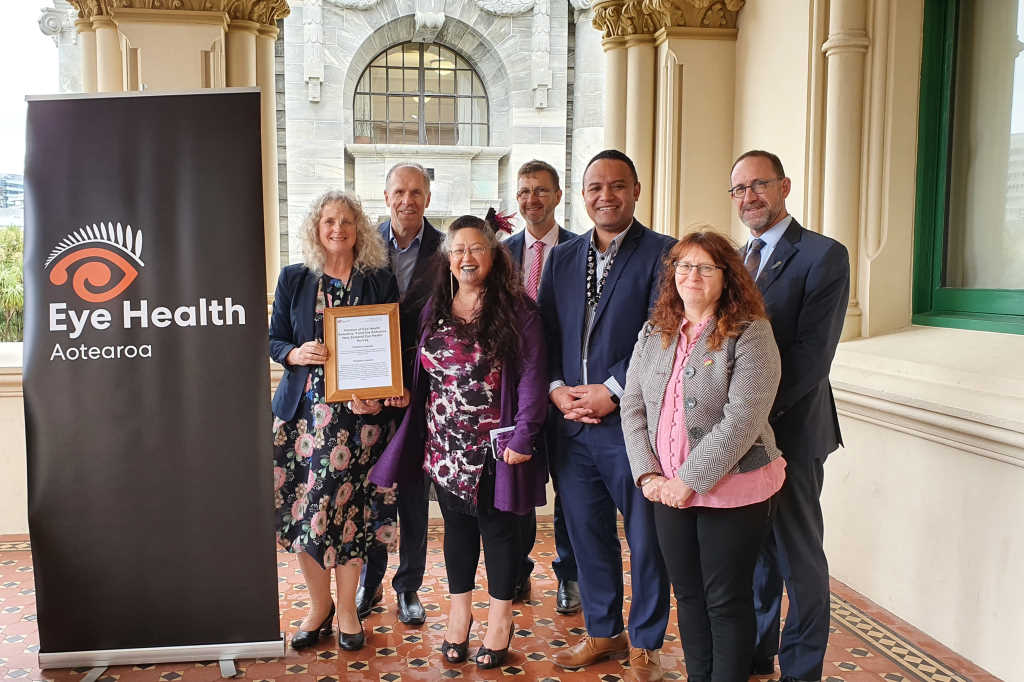Pacific eye-health survey
The University of Auckland (UoA) is collaborating with Fred Hollows Foundation New Zealand to undertake a new and ambitious Pacific-focused research programme.
The programme, ‘State of Eye Health in the Pacific’, intends to develop the evidence required by governments and decision-makers to establish plans and policies to strengthen and sustain their eye-health systems for the long term, said Fred Hollows NZ CEO Dr Audrey Aumua. Eye health is one area of public health that has remained under-resourced in the Pacific region, she said. “However, eye-health leaders recognise that without increased focus on eye health now, and the development of policies and plans, Pacific Island countries will face deepening socio-economic crises resulting from growing blindness and vision impairment. Our aim is to help secure much-needed public funding for eye health and ensure ongoing monitoring and reporting on the state of eye health in the Pacific.”
UoA principal investigator, Associate Professor Jacqueline Ramke, from the School of Optometry and Vision Science, said generating the evidence required for the programme is an exciting project. "Effective treatments exist for the most common causes of vision loss, so we see this programme as a massive opportunity to create sustainable solutions to bridge the gap between services that we know work and the people who need them.”

A/Prof Jacqueline Ramke
Key to the success of the programme will be the engagement of ophthalmic nurses, said A/Prof Ramke, who will need to lead the research activities as they are the professionals at the forefront of tackling avoidable blindness in their respective countries.
The programme is one of the first projects under the umbrella of the newly established Te Poutoko Ora a Kiwa, Centre for Pacific and Global Health at UoA and will be delivered in three phases over five years through partnerships and local leadership. Guided by country priorities, it will seek to strengthen local capabilities, voice and agency, while considering the impact of blindness and vision impairment on disadvantaged and marginalised communities. Once completed, it will produce a comprehensive report and concise, impactful policy briefs for Pacific Island governments and decision-makers, said A/Prof Ramke.










